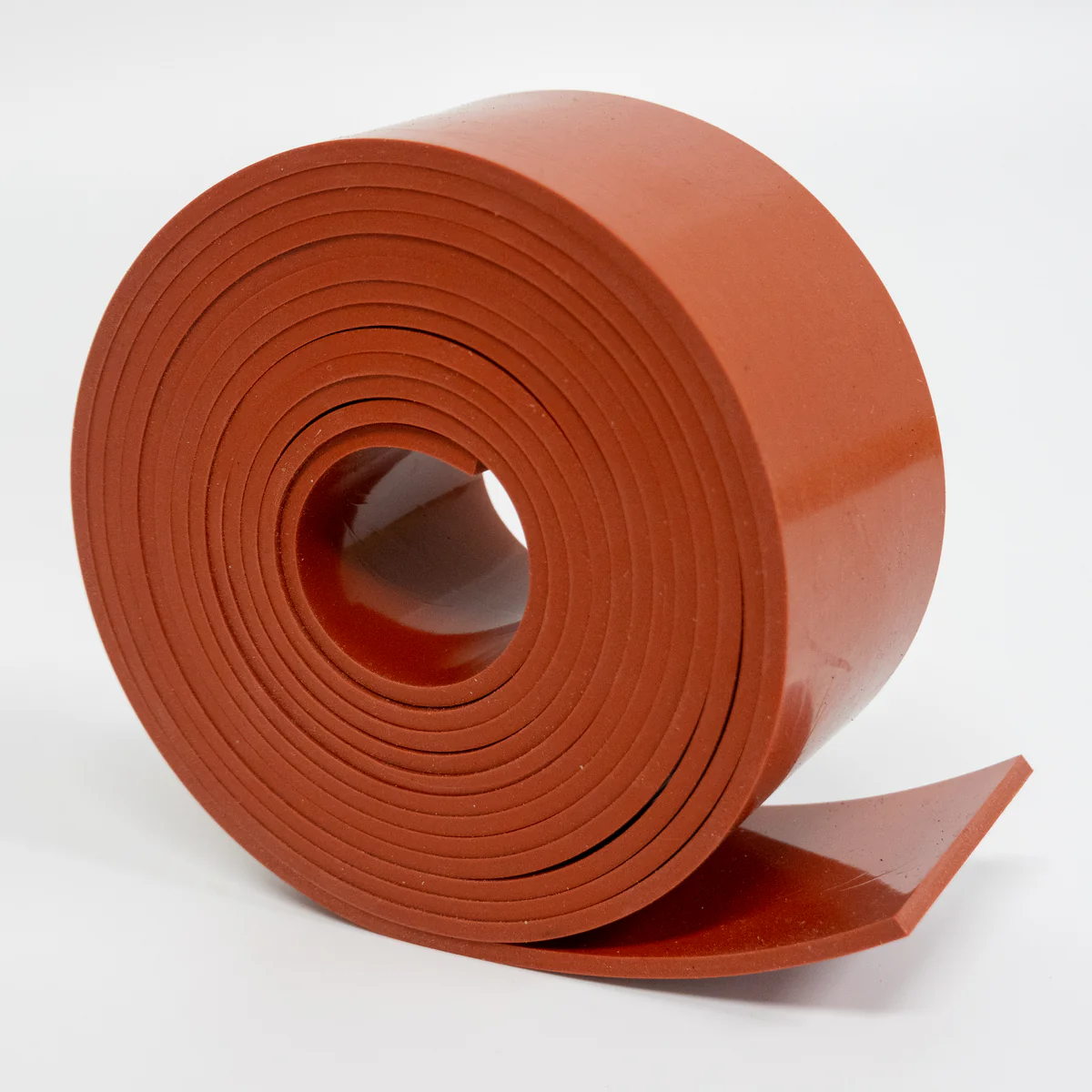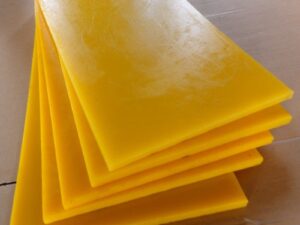Description
Silicone Rubber: A Versatile Material Shaping Modern Life
Silicone rubber, a versatile and high-performance elastomer, has become indispensable in a vast array of industries and applications. From the medical field to aerospace engineering, this synthetic rubber’s unique properties and adaptability have made it a material of choice for demanding and specialized tasks.
What is Silicone Rubber?
Unlike traditional rubber, which is derived from natural or synthetic organic polymers, silicone rubber is a polymer composed of silicon, oxygen, carbon, and hydrogen. This inorganic backbone provides silicone rubber with exceptional resistance to heat, chemicals, and weathering.
Key Properties and Advantages:
- Exceptional Temperature Resistance: Silicone rubber excels at maintaining its properties across a wide temperature range, typically from -55°C to +300°C (-67°F to +572°F). This makes it ideal for applications involving extreme hot or cold environments.
- Chemical Inertness: Silicone rubber is remarkably resistant to a wide variety of chemicals, including acids, bases, oils, and solvents. This property makes it suitable for use in harsh chemical environments and food processing applications.
- Weather Resistance: Unlike many other elastomers, silicone rubber is highly resistant to degradation from UV radiation, ozone, and moisture. This makes it a reliable material for outdoor applications, such as seals and gaskets.
- Electrical Insulation: Silicone rubber is an excellent electrical insulator, making it crucial for applications in electronics and electrical equipment.
- Biocompatibility: Silicone rubber is non-toxic and biocompatible, making it ideal for medical implants, tubing, and other medical devices.
- Flexibility and Elasticity: Silicone rubber offers excellent flexibility and elasticity, allowing it to conform to complex shapes and withstand repeated flexing and stretching.
- Low Compression Set: Compression set refers to the tendency of a material to permanently deform after being compressed. Silicone rubber exhibits low compression set, meaning it retains its shape and sealing ability even after prolonged compression.
- Ease of Processing: Silicone rubber can be easily molded, extruded, and calendered into a variety of shapes and forms.
Applications Across Industries:
The unique combination of properties makes silicone rubber a valuable material in numerous sectors:
- Medical: Implants, catheters, tubing, seals, and gaskets for medical devices.
- Automotive: Seals, gaskets, hoses, and vibration dampers for engines and other automotive components.
- Aerospace: Seals, gaskets, insulation, and adhesives for aircraft and spacecraft.
- Electronics: Insulation for wires and cables, seals for electronic enclosures, and potting compounds for electronic components.
- Food Processing: Seals, gaskets, tubing, and molds for food processing equipment.
- Construction: Sealants, adhesives, and waterproofing membranes for buildings and infrastructure.
- Consumer Goods: Bakeware, kitchen utensils, toys, and personal care products.
Types of Silicone Rubber:
Silicone rubber is available in various forms, each with its own characteristics and applications:
- High Consistency Rubber (HCR): A solid form of silicone rubber, typically used for extrusion and molding processes.
- Liquid Silicone Rubber (LSR): A two-part liquid system that cures rapidly at high temperatures, ideal for high-volume molding applications.
- Room Temperature Vulcanizing (RTV) Silicone Rubber: A one or two-part system that cures at room temperature, suitable for sealing, bonding, and potting applications.
Conclusion:
Silicone rubber’s exceptional properties and versatility have solidified its position as a crucial material in a wide range of industries. Its ability to withstand extreme temperatures, resist chemicals, and provide excellent insulation makes it an indispensable component in countless products that shape our modern world. As technology continues to advance, silicone rubber is expected to play an even greater role in innovation and development across various sectors. Its unique blend of performance and adaptability ensures its continued importance for years to come.






Reviews
There are no reviews yet.